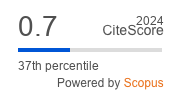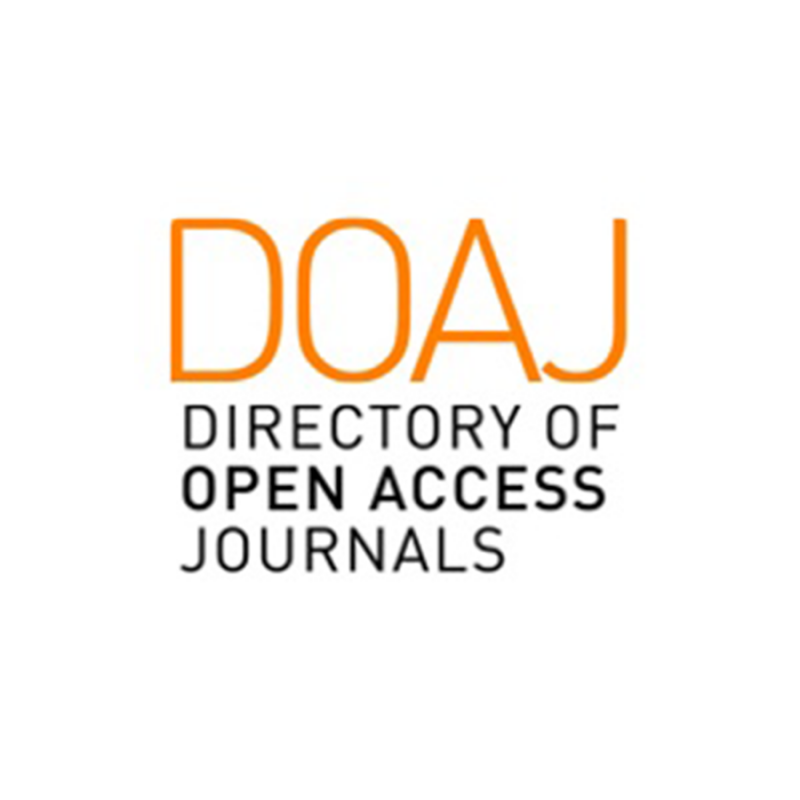Immunohistochemical Targeting of p110β Isoform of phosphatidylinositol 3-kinase co-associated with Cyclin-Dependent Kinase 1 in a Group of Tissues from Iraqi Patients with Breast Cancer
DOI:
https://doi.org/10.47723/kcmj.v13i2.109Keywords:
Breast cancers; p110-beta;PI3K; CDK1; Immunohistochemistry.Abstract
Background: While two-thirds of breast cancers express hormone receptors for either estrogen (ER) and/or progesterone (PR) , genetically altered PI3K pathway was found in more than 70% of ER-positive breast cancers.An aberrant activity of cyclin-dependent kinase 1 (CDK1) in a wide variety of human cancers has selectively constituted an attractive pharmacological targets in MYC-dependent human breast cancer cells.
Aim of the study: Role of p110-beta as well as and CDK 1 in the pathogenesis of subset of breast cancers and contribution in their carcinogenesis.
Type of the study: is a retrospective study
Methods: This retrospective research enrolled 70 paraffin embedded breast tissue blocks which were retrieved from archives of the period 2011 till 2017 at major hospitals and private histopathological laboratories as well as Forensic Medicine Institute in Baghdad. They comprised 30 breast cancers, 25 benign breast tumors and 15 apparently normal breast autopsies. Two 4 mm - thick sections were specified on positively charged slides for monoclonal primary p110 as well as and CDK 2 antibodies using immune-enzymatic antigen detection system for immunohistochemistry (IHC) techniques.
Results: Seventeen out of 30 (56.7%) of the total breast cancer cases in this study showed positive immunohistochemistry reaction(IHC) for detection of P110- beta gene expression in these tissues. In the benign group, 6 out of 25 cases (24%) revealed positive IHC signals. None of control group presented positive signals. The differences begroup tween the percentages of P110-beta in breast cancers and each of control group and benign breast tumors group are statistically very highly significant (P value = < 0.0001). The expression of CDK1 was detected in 53.3% (16 out of 30) of breast cancers tissues and in 44% (11 out of 25) benign breast tumors, whereas none of control group of tissues showed CDK1- expression.
Conclusions: The present data indicate that p110-beta as well as and CDK 1 could have a role in the pathogenesis of subset of breast cancers and contribution in their carcinogenesis.













